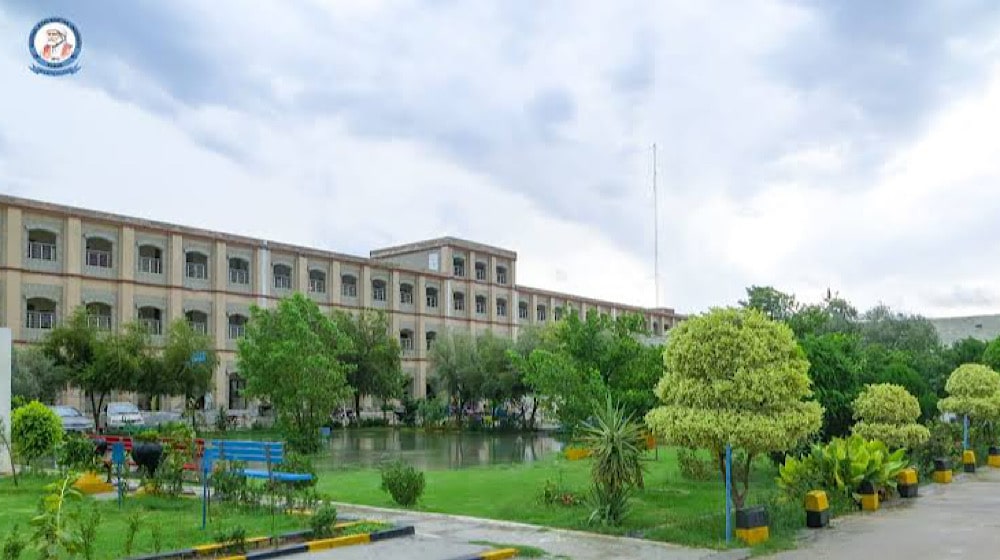The public sector universities in Khyber Pakhtunkhwa (KPK) are grappling with severe financial difficulties, and the situation is dire. A recent report reveals that approximately 20 public universities in the region are on the verge of closure due to their mounting financial troubles, which have now exceeded Rs. 7 billion.
One of the key issues identified by the Higher Education Department (HED) is that 29 universities were established in KPK without proper planning, with four universities in Swat alone. This lack of planning has led to disputes over the distribution of resources among these institutions, exacerbating their financial woes.
Read Also: Chevron Energy Joint Eyes Lucrative Opportunity: Explores Petroleum Storage and Sales in Pakistan
Furthermore, the absence of Vice Chancellors (VCs) in several universities has added to the crisis. Since March 2023, 12 universities have been operating without permanent VCs, and 8 institutions are being managed by Pro-VCs. Additionally, eight more VCs are set to complete their terms later this year.
The financial crisis has also affected the salaries of university employees, leading to the suspension of administrative operations at several universities, including Women University Swabi, Lucky Marwat, Khushal Khan University, Karak, and Agriculture University DI Khan.
The HED report highlights other challenges, such as universities introducing BS programs after the discontinuation of private B.A and M.A degrees, leasing properties below market prices, and failing to utilize their agricultural land effectively.
In summary, KPK’s public universities are facing a multifaceted crisis that includes financial mismanagement, disputes over resources, a lack of VCs, and disruption of daily operations. The situation is critical, with several institutions at risk of closure, and urgent reforms are needed to stabilize the higher education system in the region.

